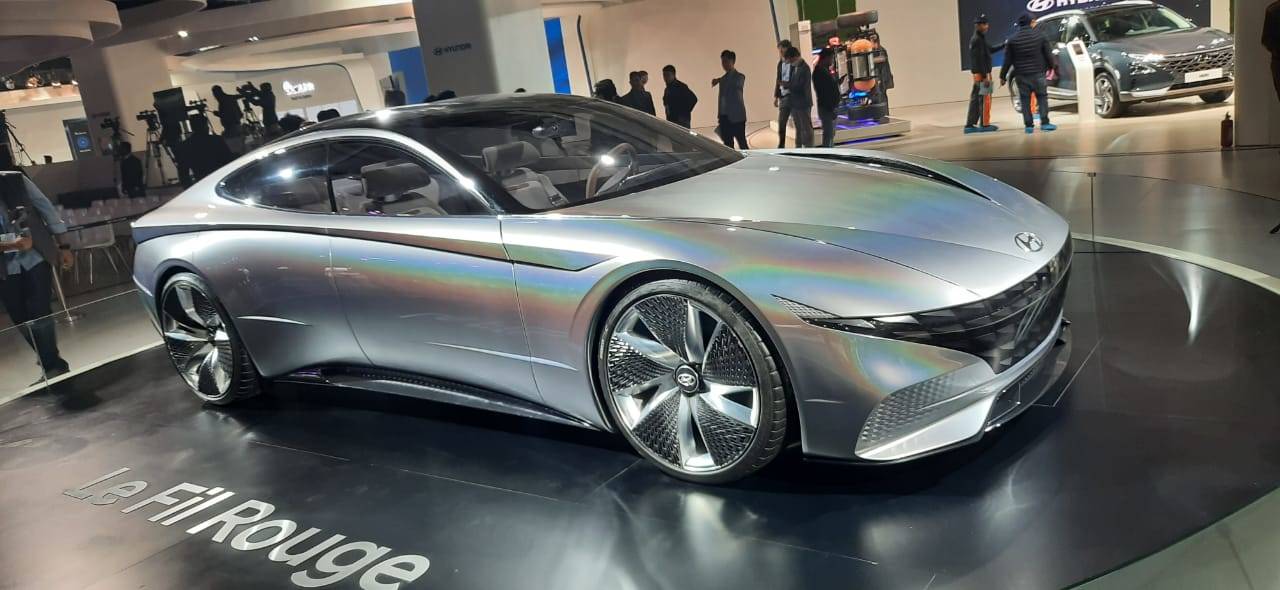
Mumbai: Hyundai Motor India, the country’s second-biggest carmaker, stated it was accelerating the localisation prepare for its electric powered automobiles (EV) as the federal government is established to hike essential customs duties on wholly-created as well as knocked-down EVs and components, producing imports extra highly-priced.
“We fully grasp the government’s route of Make in India. We will look to localise extra,” SS Kim, the taking care of director of Hyundai Motor India told ET. “We are previously localising some plastic parts and some inside parts on the Kona.” The corporation is looking at several partnerships to make a production ecosystem to make certain that EVs become mainstream and obtainable, he stated.
When the corporation launches extra inexpensive mass-sector EVs, it plans to localise as significantly content as it does for its standard automobiles, which is around ninety%, he stated. The corporation has been speaking with prospective suppliers to maximize localised content. It is also making contact with world-wide battery suppliers, which include LG Chem, to talk about collaboration for battery mobile procurement for the regional sector. “Even currently in the morning I used one particular hour with future prospective associates in EV ecosystem,” Kim told ET in an interview earlier this thirty day period.
Hyundai India’s arranging division is previously conducting shopper study to locate out how significantly consumers would be inclined to pay out for its electric powered automobiles, Kim stated. The firm’s Indian arm, alongside with engineers at the Namyang R&D Centre in South Korea, has commenced scientific tests to gauge the optimum selection and selling price points for the solution.
The corporation has established a timeline of 24-36 months to launch a mass-sector EV and aims to completely ready a idea of the auto for the 2022 Auto Expo in Greater Noida.
The press for localisation comes as the Centre appears to be to established up an EV production ecosystem in India that could contend with the finest in the planet. As component of the Phased Producing Proposal, customs duty on imports of EV components will be lifted in a stage-clever way to encourage a gradual shift to regional procurement.
Import of knocked-down electric powered automobiles presently draws in a ten% essential customs duty which is established to go up to 15% from April. The duty on imported battery cells is established to maximize from 5% to ten% from April next calendar year.
Hyundai now sells the Kona EV in India which is assembled from knocked-down kits imported from South Korea. The electric powered SUV comes with a top quality selling price tag of 24 lakh, putting it out of access for the bulk of Indian motor vehicle consumers.
Other makers that are functioning on increasing localised content on their inexpensive EVs involve Tata Motors, Mahindra, Renault, and MG Motor. Market leader Maruti Suzuki’s father or mother Suzuki has previously established up a joint venture battery mobile production facility in Gujarat.
For Hyundai, smart mobility resolution is based on 3 pillars, ‘Clean Mobility’, ‘Freedom in Mobility’ and ‘Connected Mobility’. And the corporation would like to make these obtainable to the greater motor vehicle-acquiring population.
Under the first pillar of ‘Clean Mobility’, electric powered automobiles kind one particular of the most crucial components. Hyundai has plans of launching as many as 38 cleaner designs, which include hybrid-electric powered, electric powered and gas-mobile automobiles globally.





More Stories
A Compact Guide To Effective Fleet Maintenance Management
Trucking 101: 4 Things you Should Know When Choosing The Right Truck Engine and Transmission
Current Trends That Will Be Shaping The Auto Industry In 2023